Overview
While external borrowing can be instrumental in financing development projects, the escalating debt levels raise concerns about sustainability and fiscal responsibility. Here’s a breakdown of the top five African countries based on their debt to the World Bank:
1. Nigeria – $17.32 Billion
Nigeria tops the list with a debt of $17.32 billion to the World Bank. As Africa’s most populous nation and largest economy, Nigeria has leveraged external financing for various infrastructure and social projects. However, the rising debt levels have sparked debates about the country’s fiscal management and long-term economic stability.
2. Ethiopia – $15.34 Billion
Ethiopia follows with $15.34 billion in debt. The country has embarked on ambitious infrastructure and development programs, often financed through external borrowing. While these initiatives aim to spur economic growth, they also contribute to the nation’s mounting debt burden.
3. Kenya – $12.40 Billion
Kenya’s debt to the World Bank stands at $12.4 billion. The East African nation has invested heavily in infrastructure, healthcare, and education, relying on external loans to fund these projects. The increasing debt has raised concerns about repayment capabilities and economic resilience.
4. Tanzania – $8.27 Billion
With a debt of $8.27 billion, Tanzania ranks fourth. The country has utilized World Bank funds for various development projects, including energy and transportation. While these investments are crucial for growth, they also add to the nation’s financial obligations.
5. Ghana – $7.93 Billion
Ghana rounds out the top five with $7.93 billion in debt. The West African country has faced economic challenges, leading to increased borrowing to support its budget and development goals. The growing debt has implications for fiscal policy and economic planning.
Public Reactions

The revelation of these debt figures has elicited varied reactions from the public. Some individuals express concern over the sustainability of such debt levels, questioning the long-term economic implications. Others highlight the necessity of borrowing for development, emphasizing the importance of effective utilization of the funds.
For instance, a user commented:
“This is worrisome. How will future generations cope with this burden?”
Another user noted:
“If the funds are used wisely for development, the debt can be justified.”
These comments reflect the broader debate on balancing development needs with fiscal prudence.
Also Read: Catholics in Ivory Coast happy with election of new Pope Leo XIV



